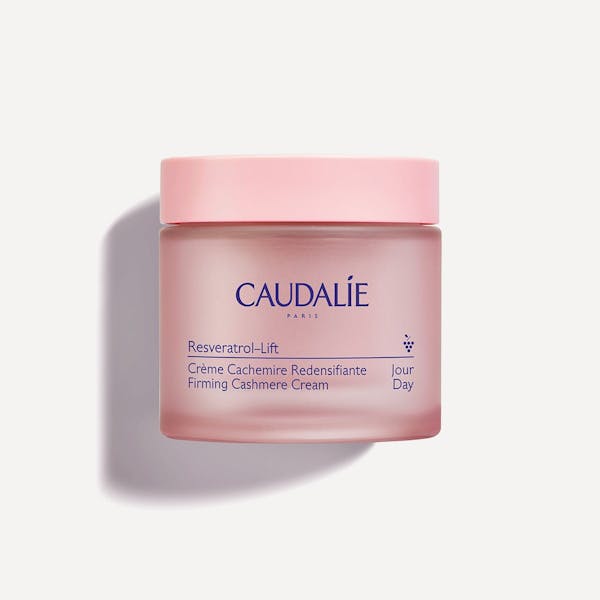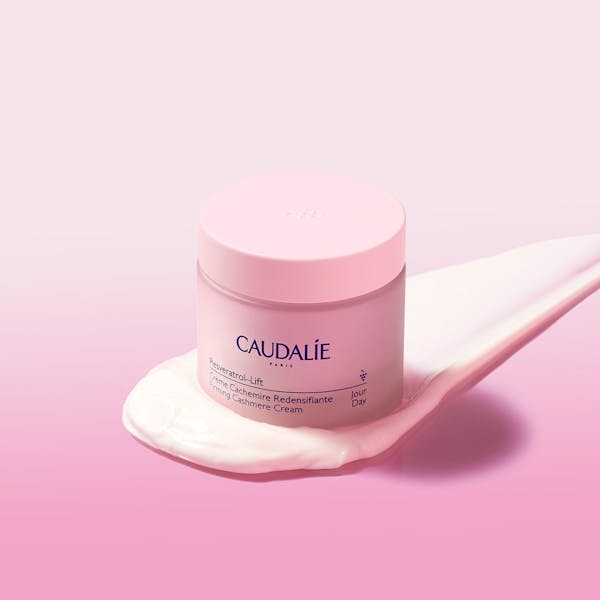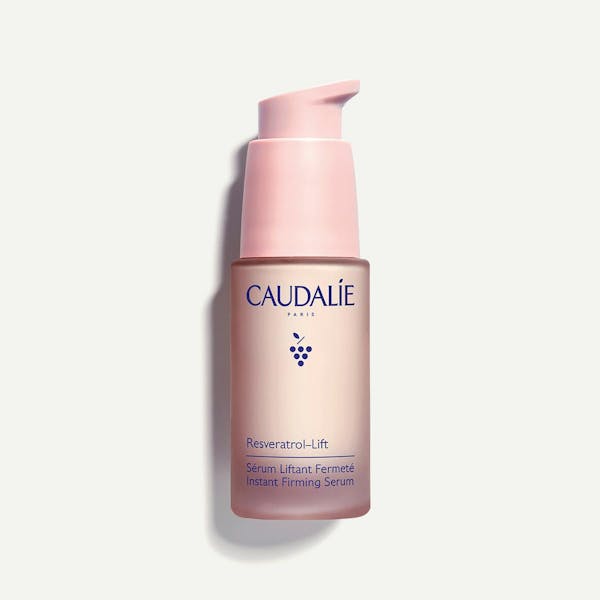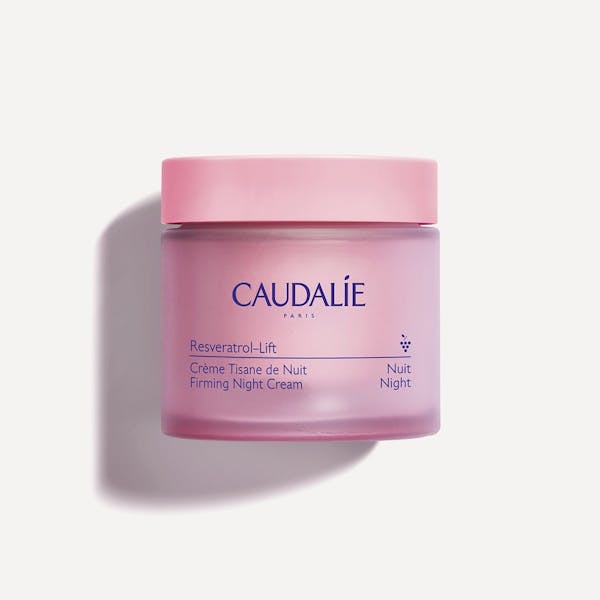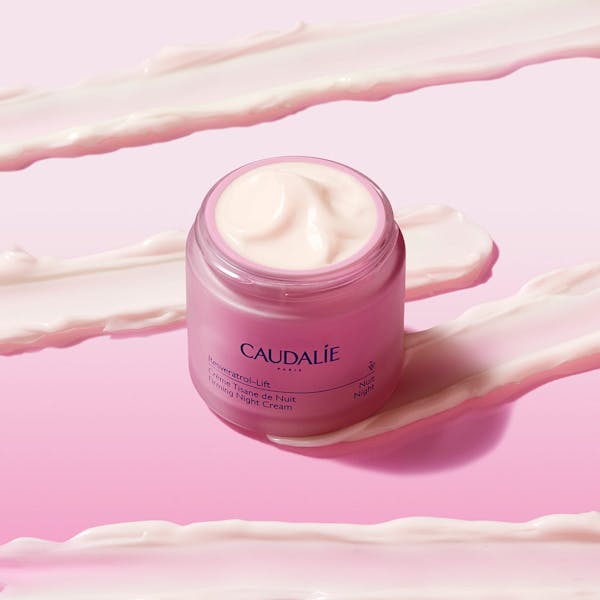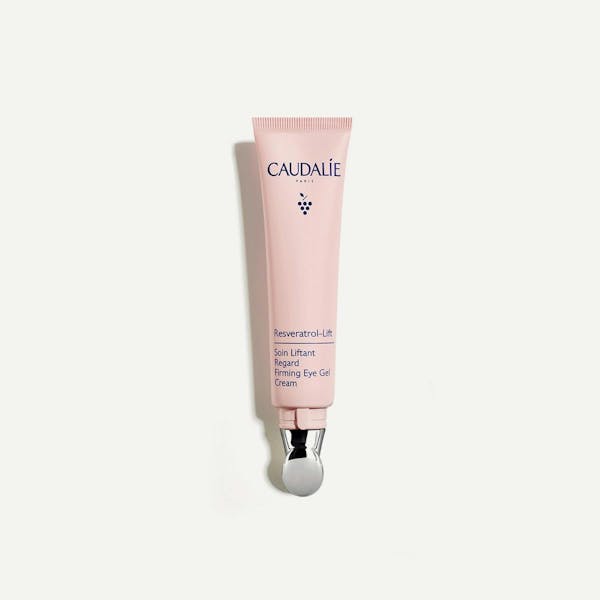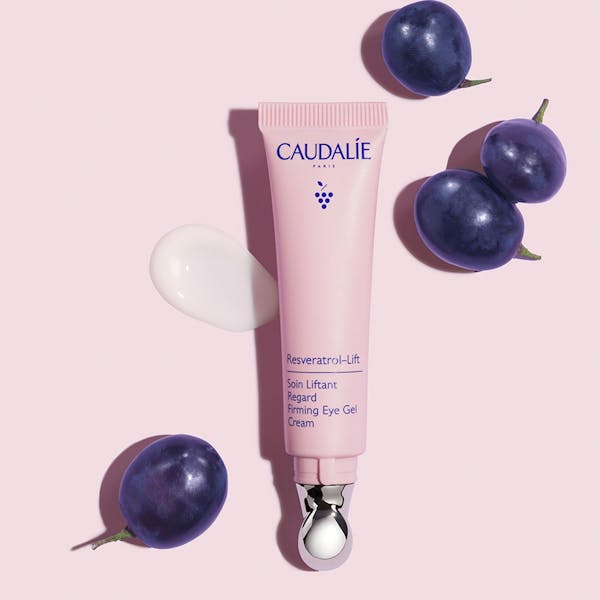A free body lotion of your choice when you spend £89, code: BALM89
Is your goal to look more youthful? Wrinkles and dark spots may be your first concern. These concerns can be improved by using a targeted skincare routine. If you want to look more youthful, you need products that have anti-ageing properties and perhaps Retinol is the product you need to achieve a youthful-looking appearance. You might be wondering what retinol is. Let’s look at what you need to know about retinol skincare, including the benefits on your skin.
Summary
What is retinol?
Retinol is a skincare active derived from Vitamin A, which is popular because of its anti-ageing properties. This vitamin is an important derivative that promotes the production of collagen. Collagen is essential in the body because it is the protein that builds the skin. The ingredient also increases cell turnover and helps minimize the appearance of wrinkles and fine lines. Retinol’s ability to stimulate skin removal helps achieve a youthful look. Retinol is made of three molecules. The first molecule is retinol palmitate, which is the most prevalent and stable kind of retinol. Retinol acetate is easily absorbed by the skin but less stable. Retinoldehyde is the most active molecule and effectively reduces wrinkles and fine lines.
When exploring what is retinol, it's beneficial to compare retinol vs retinoid, as both are derived from vitamin A but differ in potency and skin absorption rates, affecting their effectiveness in skin care treatments.
What are the benefits?
The anti-ageing and anti-wrinkle benefits of retinol are multiple. Firstly, it helps improve cell renewal and boosts collagen production. By restoring firmness and density to the face, retinol smoothes out wrinkles and fine lines, which gradually fade. It improves the texture of the epidermis, making it softer and younger-looking. What's more, its exfoliating action fights other imperfections and makes the complexion more even and luminous.
Reduces Acne
The side effects of retinol generally boil down to skin irritation, particularly at the start of its use. In fact, the skin may start to become irritated, dry and red. You may also experience a ‘purging’ period, during which you may feel rashes on your face and other forms of sensitivity. This process is completely normal and will stop once your epidermis has accumulated enough retinoid receptors. However, if other imperfections appear, it is advisable to consult a dermatologist to find out whether you can continue to use retinol-based skin care products.
Improves the Skin Tone
Due to its capacity to increase cell turnover and promote the production of new skin cells, retinol plays a significant role in enhancing skin tone and texture. By animating the skin's regular peeling process, retinol assists with shedding dead and dull surface cells, uncovering new, lively skin. This peeling system helps to reduce pigmentation, such as dull spots and sun harm, bringing about an even more complexion.
Additionally, retinol supports the creation of collagen and elastin, fundamental proteins liable for skin's immovability and flexibility. The skin becomes smoother and suppler as these proteins increase, reducing the appearance of wrinkles and fine lines that can cause uneven skin tone.
Reduces Hyperpigmentation
With the unique capacity of retinol benefits to regulate melanin production, the pigment that results in uneven skin tone, retinol is an effective partner in the fight against hyperpigmentation. Retinol works on a cellular level to inhibit the enzymes that produce melanin when applied topically, allowing it to penetrate the layers of the skin.
Retinol benefits help to fade existing dark spots and prevent the formation of new ones by reducing melanin production. After some time, regular use of retinol can prompt an even more even and balanced complexion, with a perceptible decrease in hyperpigmentation.
Promotes Elasticity
Retinol's capacity to advance elasticity is perhaps its most influential benefit in skincare. As we age, our skin's regular creation of collagen and elastin, fundamental proteins liable for keeping up with skin's immovability and versatility, bit by bit declines. As a result, sagging skin, wrinkles, and fine lines appear. Here's where retinol steps in to offer a unique advantage.
Retinol stimulates collagen and elastin production in the skin by interacting with particular receptors when applied topically. By expanding these proteins' levels, retinol reestablishes the skin's versatility, making it stronger and less inclined to hang. The skin appears plumper and firmer, with fewer fine lines and a more youthful appearance.
Fights Wrinkles
Wrinkles are an inevitable part of the maturing system. However, retinol can assist with travelling back in time. Its capacity to increase collagen and elastin production aids in skin plumping and smoothing out wrinkles. Using retinol regularly can significantly reduce the appearance of wrinkles, giving you a complexion that is smoother and more youthful.
Effects of Retinol
Retinol also minimizes the appearance of fine lines and wrinkles. Signs of ageing comes with reduced collagen production in the body. Collagen reproduces after using retinol and increases the elasticity and firmness of your skin. Another reason why you should use retinol is that it treats acne. Applying retinol reduces the sebum produced in your skin, unclogging pores. It also exfoliates your pores treating the acne that you may be battling. Applying retinol also protects your skin from harmful UV rays and increases the efficiency of other skincare ingredients.
What does retinol do to my skin?
You may wondering, what is the retinol’s effect on your skin? Retinol improves the texture of your skin by exfoliating the surface making it smoother and softer whilst also eliminating age spots, bumps and marks on the skin by increasing skin repair. Your complexion will appear younger after using retinol. The ingredient increases the firmness of your skin, making it look younger. Your skin will also glow due to the reduced appearance of age spots and acne. Your skin will also have an even skin tone. Acne may make parts of the skin darker than others. The exfoliation mechanism of that eliminates acne scars and helps reduce uneven pigmentation.
Furthermore, its ability to regulate sebum production is critical in minimizing blocked pores, which is frequently linked with acne. The chance of future acne production decreases if these pores remain unclogged as a result of retinol therapy. Aside from that, retinol helps to even out skin tone and colour while also increasing collagen synthesis. This increase in collagen promotes faster skin regeneration, minimizing the visibility of acne scars and age spots. Notably, this thorough treatment gives the skin strength as a result of both increased reparative processes and cleared pores.
What are the side effects of retinol?
Retinol may cause dryness in your skin, especially if you are a first-time user. The dryness results from increased cell activity that increase the production of new skin. The old skin essentially dies, which consequently causes dry skin. Another side effect is redness which may be a result of cell turnover. You may experience sensitivity to the sun after using retinol therefore may have tender skin, which may be affected when exposed to extreme sunlight after using retinol. Retinol can cause peeling of the skin where part of cell regeneration is new skin forming, causing the old skin to dry off and leave unwanted peeling. The side effects are usually temporary and common to new users of retinol.
Use of Retinol
Consider consulting a dermatologist to determine if your skin is sensitive to retinol in the amount you can use daily. Another tip is to start with a small concentration of retinol. You can increase the concentration gradually after the skin gets used to it. Apply the retinol at night because you may experience sensitivity when exposed to the sun. Moreover, collagen production is predominantly boosted during the night time when the skin repairs. Moisturize your skin daily. Retinol may cause skin dryness; moisturizing your skin will counteract the side effect. Apply sunscreen for face in the morning. There is a link between sunlight, retinol usage, and skin sensitivity. Sunscreen will block the sunrays from penetrating your skin, increasing the result of retinol use.
Can you use retinol every day?
Absolutely! You can use retinol every day after your skin is used to it. Consult a dermatologist to ascertain that your skin is not sensitive to the retina. Using retinol every day will help you see better results quickly, boost collagen production and skin firmness, guaranteeing firm and smooth skin.
After how long can you see the effects of retinol?
How long does it take for retinol to take effect? To answer the question, you should know that it takes between 2 and 3 months (8 to 12 weeks) to see the first results of retinol on the skin of your face. With Caudalie's Resveratrol-lift collection, skin is smoother, firmer and younger-looking in less than 3 weeks.
Who should not use retinol?
People with hypersensitive skin should not use retinol. People who are intolerant to certain food should avoid retinol because it may cause allergic reactions. Young teenagers should avoid retinol because the skin is more resilient, firm, and regenerative. Consider these factors mentioned before incorporating retinol into your skincare routine.
What age should you start using a retinol?
The most appropriate age to start using retinol is from 25 years. People should start incorporating retinol in skin care when they start experiencing signs of ageing. People will notice age spots fine lines and wrinkles in their mid-20s and early 30s. There is no need to use retinol if you are young and have youthful skin.
Is retinol good for the face?
Retinol is good for the face. When applied to the skin, it acts on the surface (epidermis) but also deep down (dermis). It offers a double positive action on cell renewal. On the one hand, it contributes to the elimination of dead cells, and on the other, it accelerates the production of collagen, hyaluronic acid and fibroblasts, proteins that are essential to the skin's maintenance. In this way, retinol helps your skin to regain its firmness and a smoother appearance. However, your skin must accumulate what are known as ‘retinoid receptors’ to tolerate it and help it work. Retinol is safe for your face but can have side effects.
Resveratrol: an natural alternative of Retinol
Our cosmetics experts have developed the Resveratrol-lift collection, an anti-wrinkle and firming solution. We've designed a high-performance combination of resveratrol, hyaluronic acid and a vegan collagen booster*. Renowned for its stimulating action on skin proteins, resveratrol comes from vine shoots harvested in France. Hyaluronic acid firms the skin by acting on the epidermis and dermis. Hyaluronic acid is of natural origin, synthesised by biotechnology from corn glucose. Finally, our vegan collagen booster comes from mahogany bark sustainably extracted in Burkina Faso. Formula will help you regain smoother, firmer, younger-looking skin.
Begin your anti-wrinkle skincare routine with the Retinol Alternative Serum, a potent elixir that stimulates collagen production and diminishes the appearance of wrinkles. Our patented formula, 3 times more effective than retinol alone**.
Enhance the delicate eye area with the Firming Eye Cream, specially formulated to lift and reduce fine lines, restoring a youthful look. Continue your journey with the Anti-Wrinkle Vegan Collagen Cream, a velvety formula that envelops your skin in nourishment and restoration. As the day ends, indulge your skin in the Anti-Wrinkle Night Cream, allowing the rejuvenating powers of Resveratrol, hyaluronic acid, and vegan collagen to work harmoniously while you sleep.
This holistic routine harmonizes science and nature, leaving your skin firmer, smoother, and glowing with vitality. Transform your skincare routine today with the Resveratrol-Lift collection, where beauty meets innovation. Caudalie’s Resvertrol-Lift Collection advocates bettering the environment. We offer refills reduce pollution in the environment. We also focuses on producing products based on ingredients of natural origin by using clean, natural ingredients. The face creams and serums have an eco-friendly packageing and are free from animal, sulfate, and paraben. The face creams and serums have an eco-friendly packageing and are free from animal, sulfate, and paraben.
Combine retinol with other topical skin treatments
Retinol can be combined with other items to maximize your ability to get glowing and smooth skin.
Retinol and glycolic acid
What are retinol and gycolic acids like? Glycolic acids can be combined because of their ability to exfoliate the skin. They fall under the alpha hydroxy acids category. Their ability to exfoliate the skin improves skin tone and reduces age spots. Glycolic acid improves the skin texture whilst retinol produces collagen, which repairs the skin. Both retinol and glycolic acid should be used in low concentrations.
Retinol and hyaluronic acid
Hyaluronic acid and retinol coupled together improve the total appearance of the skin. Retinol stimulates collagen production, while hyaluronic acid hydrates the skin. Combining both skin treatments will provide firm, smooth skin that appears plump and radiant. Hyaluronic acid used should be formulated using retinol to avoid irritation.
Retinol and niacinamide
Combining retinol and niacinamide will help to reduce age spots, improve the appearance of fine lines and wrinkles, and improve skin tone. Niacinamide reduces inflammation and redresses the skin. Redness may appear after using retinol, and it would be beneficial to combine retinol with niacinamide to avoid redness. The concentration of the treatments should be increased gradually.
Retinol and salicylic acid
How does retinol and salicylic acid work together? Retinol and acid salicylic acid improve exfoliating of the skin and reduce the appearance of acne scars. Salicylic acid is effective in removing dead skin from the surface of the skin. The dead skin left after exfoliating with retinol is removed by salicylic acid, which improves the appearance of the face by removing age spots.
Retinol and vitamin C
Retinol and Vitamin C are strong antitoxins that protect the skin from damage caused by UV rays. Using them will protect your skin from the sun. Vitamin C is also useful in brightening skin. Your face will appear brighter after the retinol exfoliates and reduces age spots, fine lines and wrinkles on your face.
Retinol is a powerful ingredient that enhances anti-ageing and fights against age spots wrinkles and fine lines. Consistently using retinol daily will lead to tremendous results and a youthful complexion. It is important for people that have allergic reactions, sensitive skin, and food intolerances to avoid using retinol. The best time to start using retinol is in your mid-twenties. Try the Caudalie’s Resveratrol-Lift Collection to get the ultimate formula for a youthful look. The vegan collagen formula will transform your skin and help you achieve youthful skin.
*Patent Caudalie x Harvard University N°4167935
**Ex vivo test on the combination of ingredients, on the thickness of collagen fibers at serum concentration.
LATEST BEAUTY NEWS
